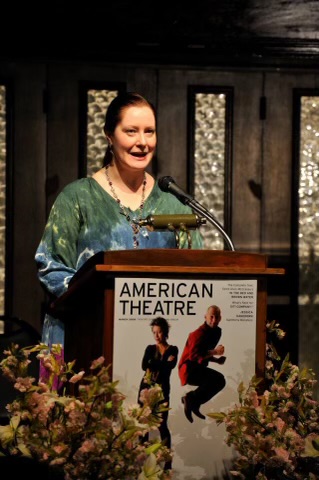We caught up with the brilliant and insightful Patricia Angelin a few weeks ago and have shared our conversation below.
Patricia, we’re thrilled to have you on our platform and we think there is so much folks can learn from you and your story. Something that matters deeply to us is living a life and leading a career filled with purpose and so let’s start by chatting about how you found your purpose.
Wow! That is an intense and multilayered question. I think when one is very young one has the illusion that there is only one purpose to which a person should aspire! After all, we all have to start somewhere and set goals. So I’ve had three goals during my lifetime. I started with a goal of understanding Words deeply. The meanings of words. My fantasy as a young girl was to magically be able to speak and read all the languages of the world, and to travel, again magically, from place to place and sit with different people of different cultures in homes and around campfires listening to their sagas and foundational stories. In this fantasy, I came to know various peoples and loved them. All through the stories. This started when I was 5 years old.
So in pursuit of that purpose, I went to study ancient languages at Trinity College Dublin. Old Irish. Old English. At Old Norse, there was the proverbial fork in the road and I left medieval manuscripts, so beautifully illustrated like the Book of Kells, to study theatre. My reasoning was that my purpose was to know people better through psychology and that as an actor I would be able to not simply understand and empathize with many types of people but actually embody them within the characters I would play. For a long time, I thought that being an actor was my purpose. The third act as it were, came when I met Susana Bloch and discovered her Alba Emoting. The pursuit and teaching of which layered upon my previous experience in literature and acting, is now my purpose. To my great surprise, the flexibility from purpose to purpose has led me here and all the experiences have served, layer upon layer, to create resilience, creativity, discipline, flexibility, and ultimately emotional intelligence.
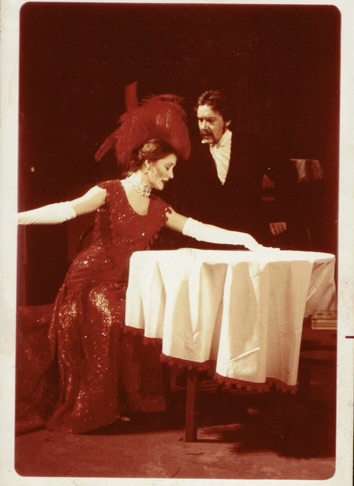
Great, so let’s take a few minutes and cover your story. What should folks know about you and what you do?
Our work at Alba Technique goes to the heart — both literally and figuratively — of where we live as human beings on an emotional level. Building upon the foundation of neuropsychologist Susana Bloch and colleagues’ work in the experiential biology of our bodies and minds as we feel our emotions. We assist our students and collaborators to understand their own emotions, and to be able to accurately observe the emotions of others. It’s entirely new. Every discovery is both universal and unique. And it’s all completely natural and organic. My initial descriptive phrases were, “Know Thyself,” in reference to the inscription at the Delphic oracle in ancient Greece, and because this work is a direct line to the neurosystem, “First do no harm,” in reference to the so-called Hippocratic Oath taken by medical professionals. I’m going into deeper detail here on something that is really very simple. We are built for emotions. All our emotions are good. At Alba Technique, people learn to work with themselves, with their temperament, with their mind, with their body. As I like to say “It ain’t therapy, but it’s therapeutic.” Whether a person approaches this in a weekend, which we offer 5 times a year in NYC, or in the weekly in-person class on Tuesdays also in NYC, in the Qi Gong 8th Breathe Element offered Mondays on Zoom, or the gold standard held annually in Ireland at the National Opera House the last week of July, persons gain a very real advanced emotional intelligence. It’s accumulative over time. It gets better and better. It’s always a gain.
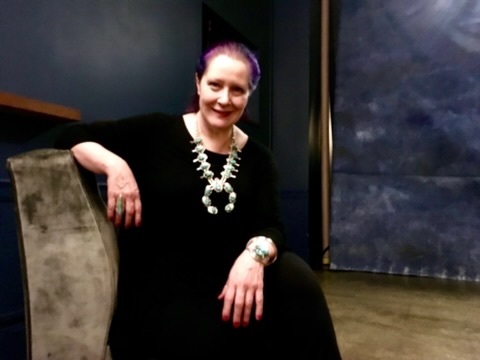
If you had to pick three qualities that are most important to develop, which three would you say matter most?
Number one, I’ve been gifted with a radical ability to trust. I recommend that persons trust themselves to take risks. I believe in the old adage, “Leap and the net will appear.” And also in the poet Rumi’s teaching, “Proceed as though the entire universe is weighted in your favor, because it is.” This decision to trust both myself and Life empowered me to be flexible. What does that mean? Flexible? In my case, and I think its applicable to everybody, one looks at all the information available to one in any place and time and makes a simple decision knowing that one can change that decision to another decision. When a person is very young, every decision feels very final. Like you are going to have to live with it forever. I am living proof that isn’t true. Knowing this will make you resilient as you go through life. It helps, as we say as actors, to stay-in-the-moment, to “touch grass” as they say now. My work helps people discover how to manage their own fear, how to connect with creativity, how to recognize and use the emotions so fear, anxiety, grief, and depression or even great joy can’t railroad us. I really think the funding of trust, so difficult in this current world, is the foundation.
Second, compassion to yourself. This kind of compassion has nothing to do with selfishness. What I’m talking about is learning how to neither blame yourself nor others for situations out of your control and then to be gentle enough with yourself to look at the real possibilities in front of you. This kind of self-compassion recognizes one’s individual dignity and worth and needs to be learned in this crazy world. It’s not about facile self-care, which is a good concept badly used, but a gradually deepening ability to cherish a greater fullness of your humanity. In this context, I think of the Japanese art of Kintsugi, which repairs broken pottery by mending the breakage with gold, silver, or platinum, thus making the object more beautiful than before it was broken!
The third would be perseverance. You just can’t give up. Too often these days, and I suppose in every day because it’s human nature, we want the quick fix. We want instant results that are easy. Everything great that had ever been attained was not easy. So again, I say of my work of Alba Technique “It’s simple, but it is not easy.”
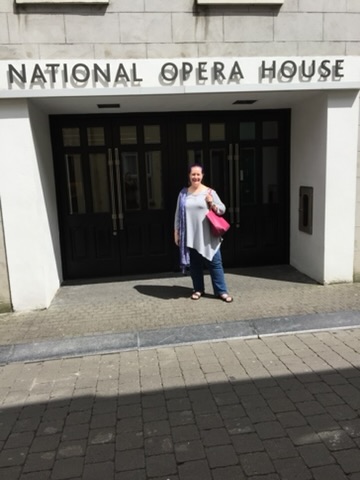
Who is your ideal client or what sort of characteristics would make someone an ideal client for you?
Any persons with emotions! We all have them. We’ve all got to deal with them. Both our own and others’ emotions. We’re all fascinated by ourselves and others. We human beings are so interesting. All of us, all the time. I think it’s fun!
Contact Info:
- Website: https://www.albatechnique.com/
- Instagram: https://www.instagram.com/albatechnique/
- Facebook: https://www.facebook.com/AlbaTechnique
- Linkedin: https://www.linkedin.com/company/alba-technique
- Youtube: https://www.youtube.com/@albatechnique
- Other: https://patriciaangelin.com/
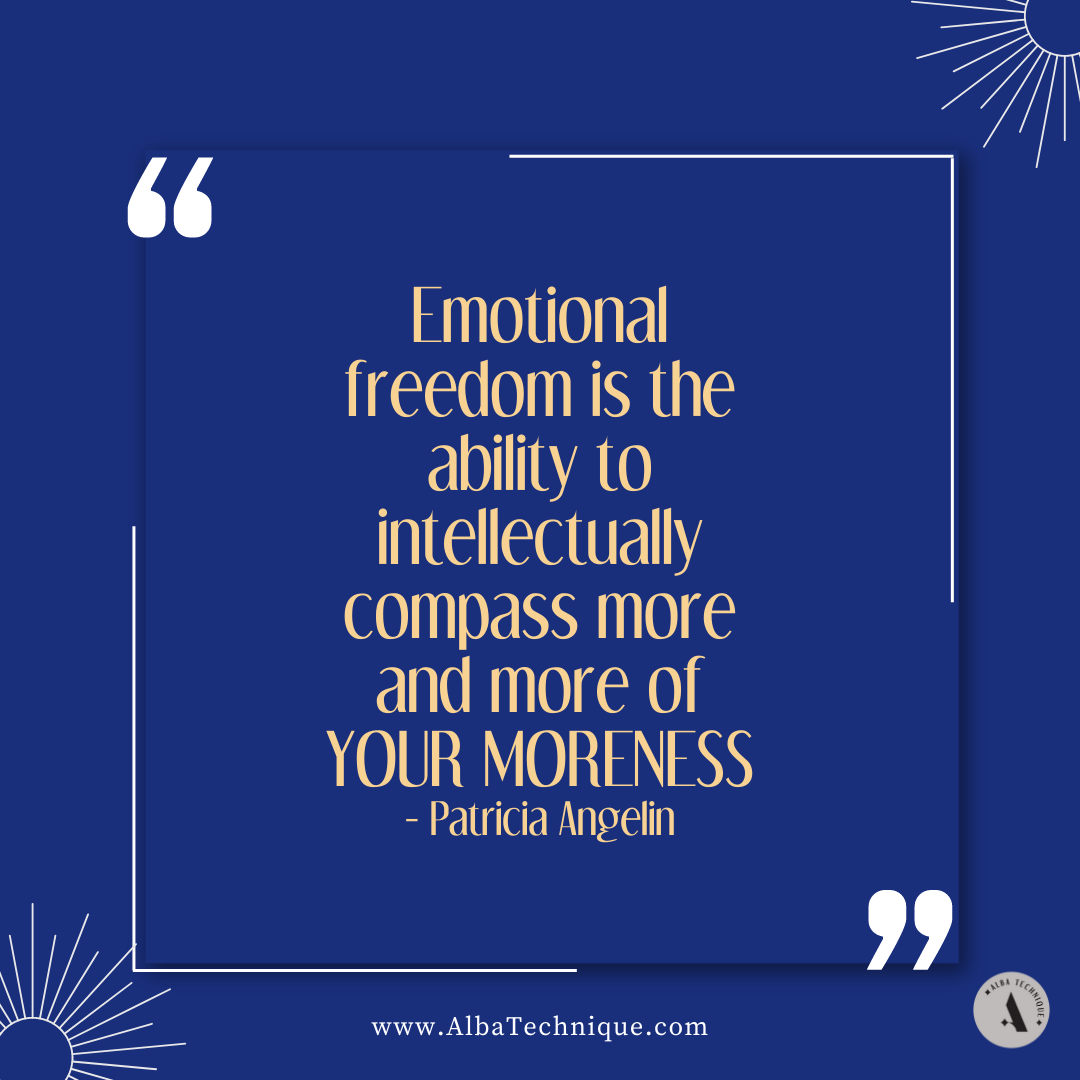
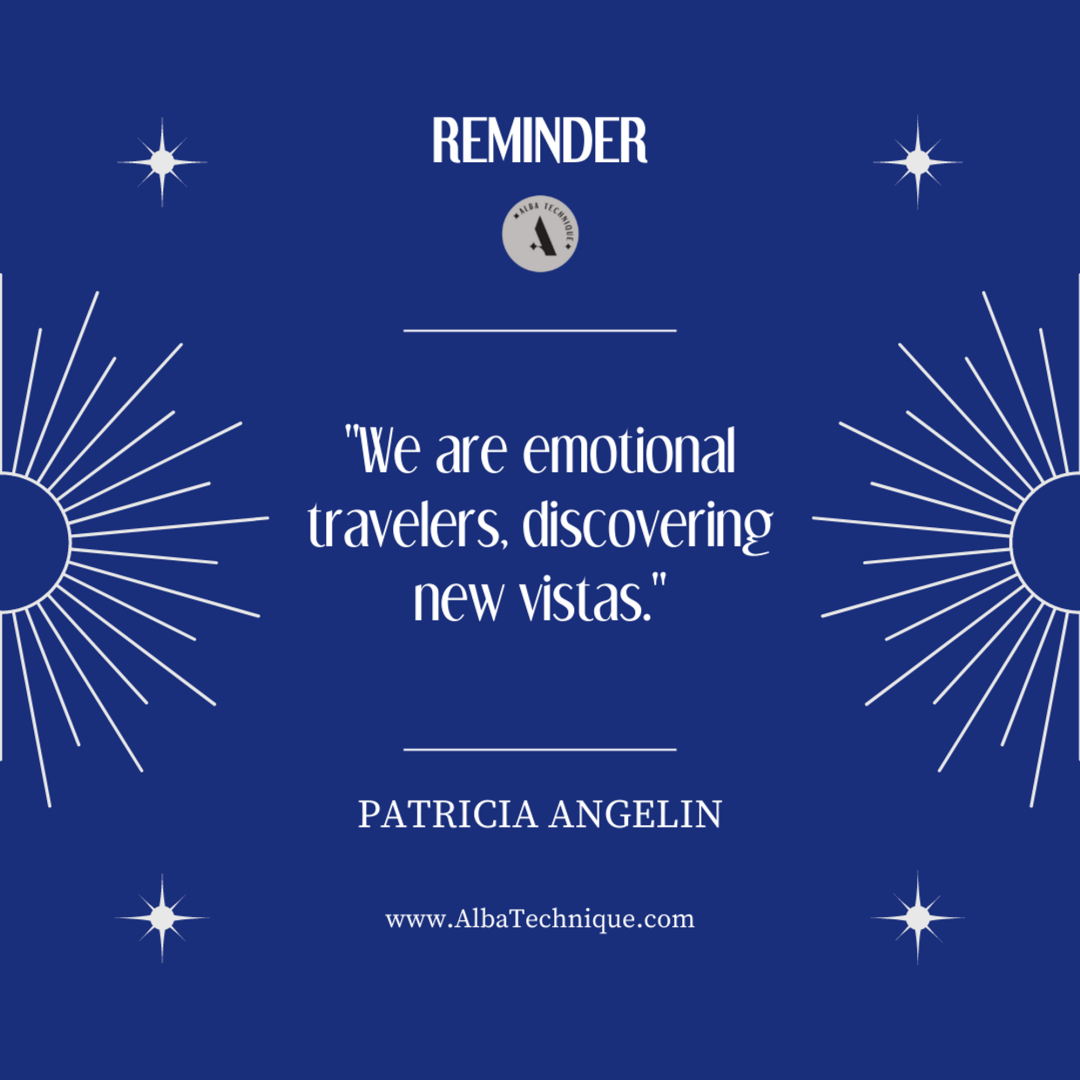
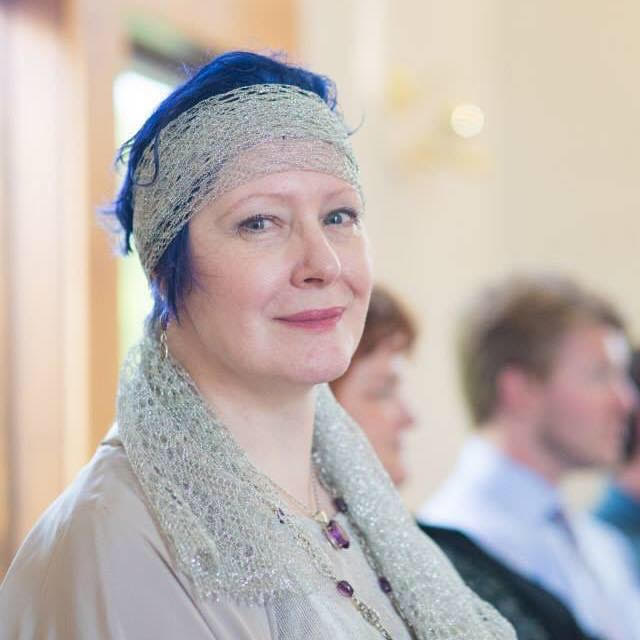
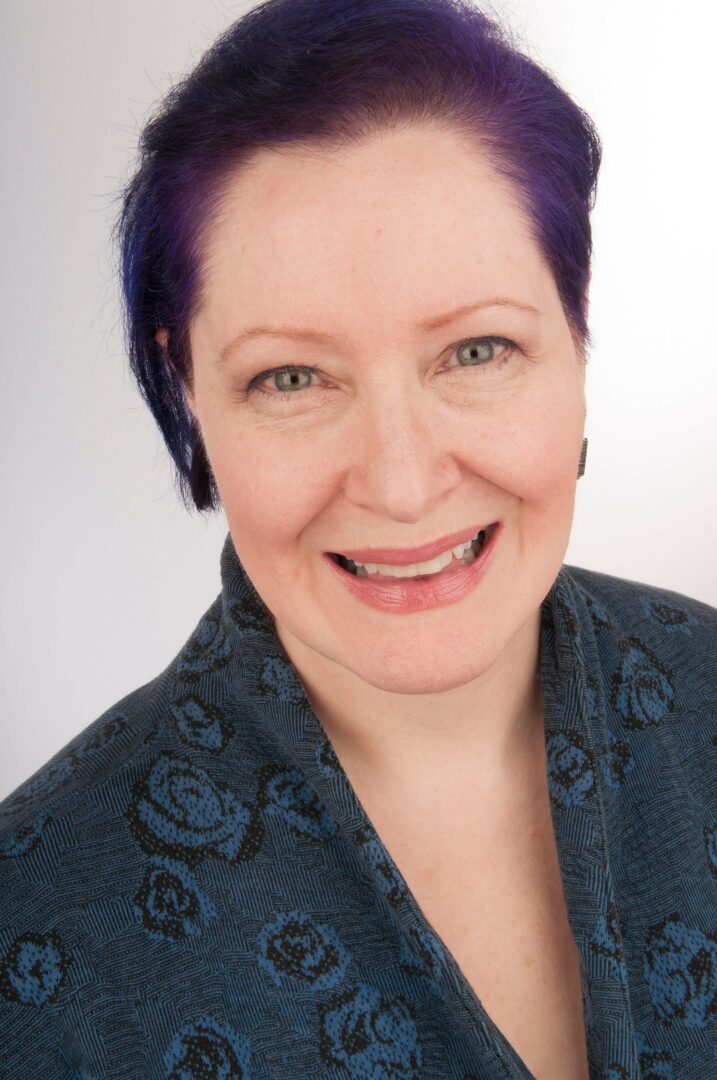
Image Credits
Alba Technique Studio
so if you or someone you know deserves recognition please let us know here.

